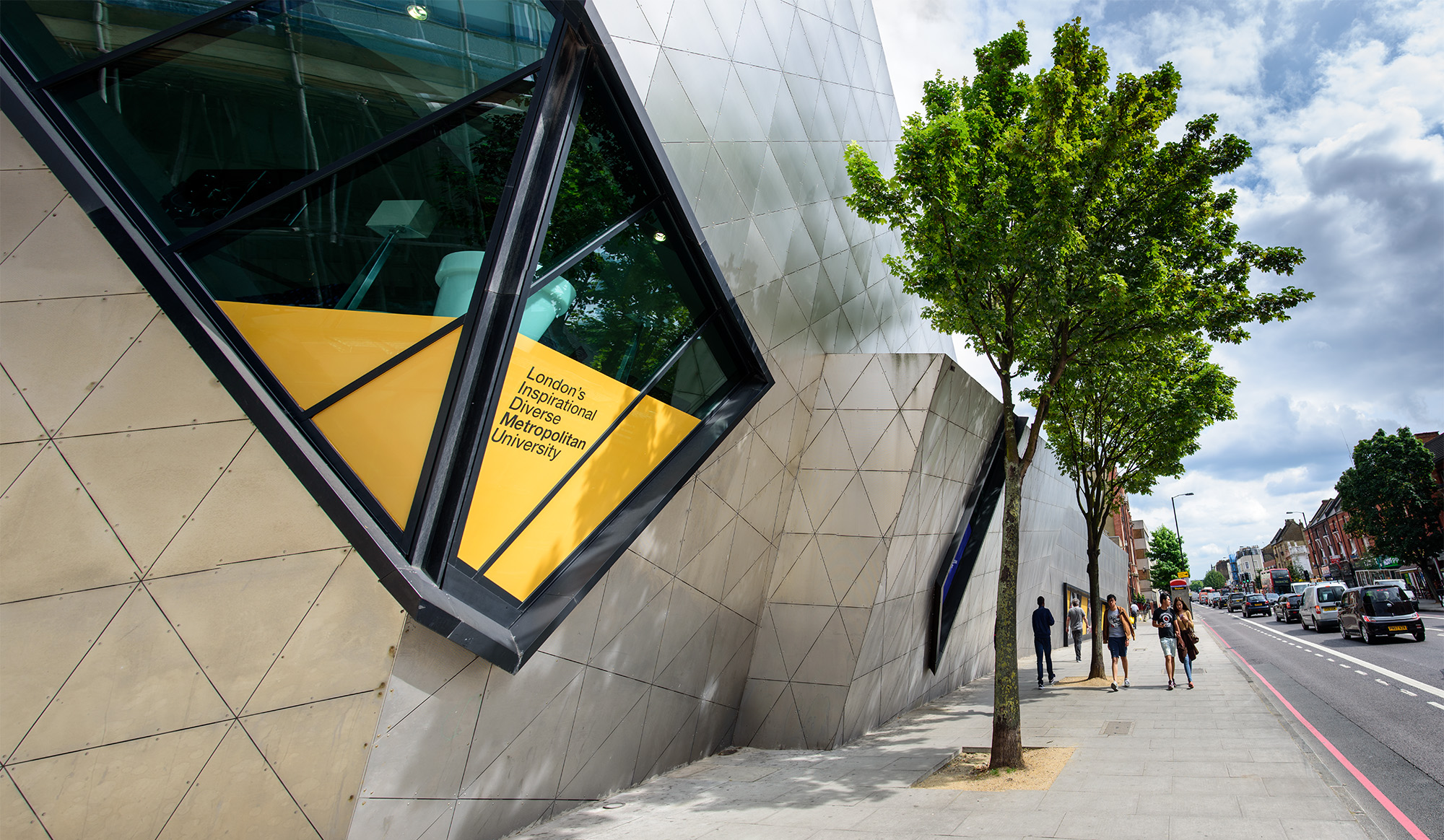- ...
Postgraduate Studentships - Search for funding opportunities.
Postgraduate Studentships - Search for funding opportunities.
Why study this course
Do you find yourself concerned by current problems of social and economic inequality? Are you seeking a solution which could support methods to instigate power shifts? “The Commons” as a field of study is considered to offer this very solution.
This postgraduate certificate offers a unique opportunity to rigorously interrogate new forms of practice; to challenge unequal power relations; to question planetary resource extraction and to tackle the inequalities of market-focussed capitalism. If you’re looking to develop financially stable practices for delivering ethical services and products, the modules on this course will put you well on your way. This course also enables you to interrogate or intervene in an existing organisation/institution.
Who this course is for
You may be:
For full course details please visit the course page on the university website.
You’ll generally be required to have one or a combination of the following:
If your qualifications don’t meet the requirements above but you have a portfolio of substantial relevant experience in the field of Commons or a similar discourse, you’ll be invited to an interview to demonstrate your abilities for a postgraduate course on the Commons.
For fee details please see here.
Should students want to gain employment they will have opportunities in:
UN-Habitat agencies
Local Government
Partners established during the MA
Organisations through European Commons network
Transition towns
Government research on future of cities
Modules include:
For full module details please visit the university website.

Continue your studies at London Metropolitan University Whether you’re looking to improve your job prospects, pursue a passion or take your career in ...
Sign up to Postgraduate Studentships
Sign up to compare masters
Thanks for making your selection. Click below to view your comparisons.